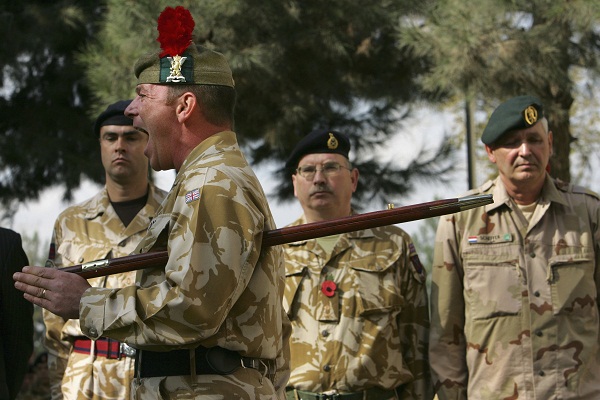The headline on Lord Ashdown’s piece on Afghanistan in today’s Times (£) will please Lib Dem strategists. ‘This awful mistake mustn’t claim more lives.’ It allows the Lib Dems to play the anti-war card: we are the party that will bring Our Boys (and Girls) home. The strategists could take plenty of other lines from Ashdown’s quotable article. ‘All that we can achieve has been achieved. All that we might have achieved if we had done things differently, has been lost… Our failure in Afghanistan has not been military. It has been political.’
Ashdown’s analysis echoes that of prestigious think tanks such as the Centre to Strategic and International Studies and humble foot soldiers, like Patrick Hennessey, who have toured Helmand. ISAF has acquitted itself well in battle; but the list of political mistakes is long and repetitive: empowering Karzai and Kabul, the Iraq distraction, ignoring Afghanistan’s neighbours, negligible reconstruction efforts, alienating international partners. All have conspired, Ashdown says, to ensure that there is a ‘political price to play in diminished western influence.’
Ashdown’s tone is mournful because he believed that the West could win. Nearly four years ago, I reported him saying that ‘7/7 made (Afghanistan) our fight’. He was in full Cockleshell Hero mode then, as if he himself might still make a difference. It has been forgotten, perhaps, that Ashdown lobbied for the job of UN Special Envoy to Afghanistan. His candidacy was blocked in January 2008 by Hamid Karzai. Understandably, his piece in today’s Times is infused with poignancy and regret.
Ashdown is one of Nick Clegg’s political godfathers, so it is tempting to see this piece as a partial reflection of the deputy prime minister’s views. What then, Lord Ashdown, is to be done? Judging by the headline, you could be forgiven for thinking that Ashdown favours immediate withdrawal; but that is not so. He writes,
‘The only rational policy now is to leave quickly, in good order and in the company of our allies. This is the only cause for which further lives should be risked.’
Plenty of room for manoeuvre there (both in terms of time and tactics), reflecting the fact that there is precious little clarity on the issue (something of which, ironically, Ashdown complains by calling on the government to ‘clarify’ its position). The re-election of President Obama has set a line in the sand: the administration is married to the 2014 exit date. However, the pace of withdrawal is still open to debate. Ashdown says that Obama’s re-election probably means that America will downscale sooner rather than later. That supposition appears to be shared by George Osborne, who favours swift withdrawal. A reduction of 4,000 by the end of the 2013 ‘fighting season’ is understood to be the ambition of the Cabinet’s egressors, but the army chiefs are apparently reluctant. It seems that both coalition partners can see the value of being the party which brought the troops home; but they need to work out how to do it.






Comments